Are you familiar with the term "brand awareness?" It's a pretty important concept to understand if you want your business to be successful. In essence, brand awareness is all about making sure that your target market knows who you are and what you offer.
Without it, you'll find it difficult to attract customers and generate sales. So how can you go about increasing brand awareness for your business? Read on for tips!
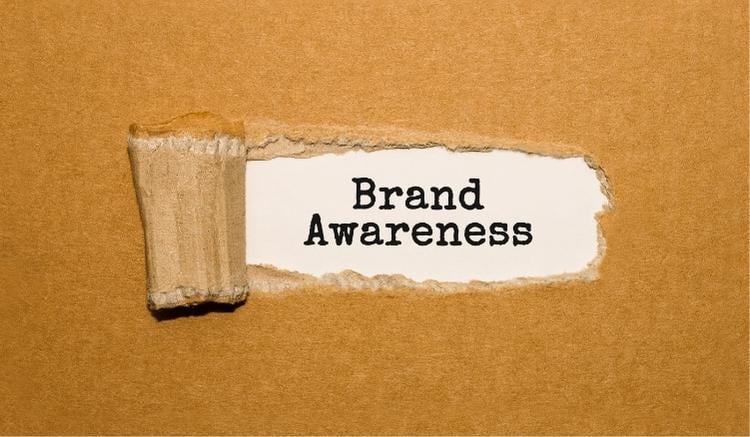
Increasing brand awareness can help you to connect with more customers, which can result in increased sales and profits. There are a variety of marketing techniques that you can use to increase brand awareness, and it is important to implement as many of them as possible while still being coherent and consistent in order to get the best results. By increasing brand awareness, you can create a successful and profitable business that has a brand reputation.
There’s no doubt that a well-branded business is one of the most successful businesses in the world. But what is the theory behind it and how exactly do you achieve it?
What is Brand Awareness?
Brand awareness is the knowledge your customers have with your brand, how familiar they are with it and how well they recognize your brand. It is the ability of a product, company, or individual to be recognized and respected in the industry.
In short, brand awareness is all about getting remembered.
Brands with high brand awareness are considered to be more valuable.
Think about how brands like Coca-Cola and McDonalds became so big and popular — it’s because they don’t let people forget about them. They run ads over and over in various means, both digital and print, in order to keep reminding people not only of their existence.
All of their ads contain and maintain their logo and brand colors so that the moment people see their logo and brand colors, they will be reminded of the company and its products.
Establishing brand awareness is valuable when marketing and promoting your company and products, especially in the early stages of a business.
This can help you develop a strong foundation for future growth while gaining some initial market traction.
Brand Awareness Score
It isn't an exact science, In fact, it can be quite confusing to novices. However, there are some ways to measure brand awareness, and that is through Brand Awareness Score.
A Brand Awareness Score (BAS) is the percentage of your target population who know about your brand and how familiar they are with your brand.
You are able to measure brand awareness in different ways, but the most commonly used method is to conduct a survey.
Why is brand awareness important?
Brand awareness is the foundation of everything a company does. If you want people to know about your product or service, you need to put it out there.
If it’s still not yet evident, here are some of the reasons why building brand awareness is important:
-
Brand awareness builds trust.
You're essentially building a relationship with them. And as with all relationships, there needs to be a solid foundation of trust.
The more customers trust your brand, the more likely they are to buy your product or service and continue to buy it.
Brand awareness is also important because it promotes brand recognition.
The more aware customers are of your brand, the more likely they are to develop brand loyalty.
If someone becomes aware of your brand and builds trust with you, they are more likely to become loyal and make future purchases from you because they know what they're getting in return (quality products/services).
A company that has established brand recognition is also more likely to attract new customers and gain market share over its competitors.
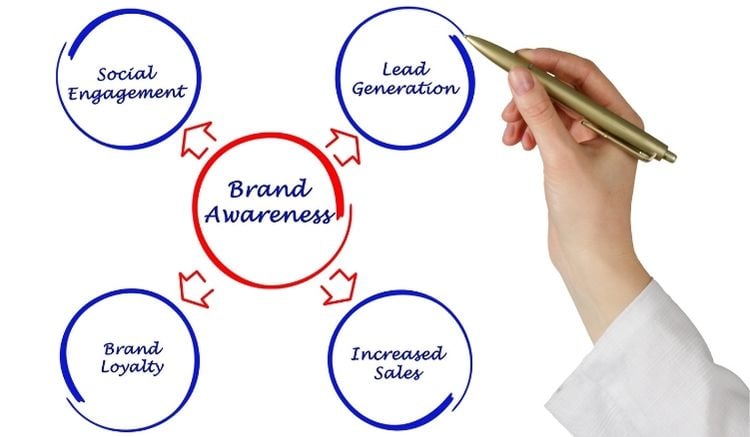
-
Brand awareness creates association.
The consumer's mind creates a link between the brand and the product category. This association is a subconscious response.
It is made after the consumer has learned about the product category and is trying to decide which brands he or she prefers.
For example, if you're looking for new trainers, there are a few brands that stand out — Nike, Adidas, and Puma. They're well known for their sports shoes. You can't go wrong with them.
As a consumer, you're more likely to purchase one of their products based on the fact that you're familiar with them.
When you think about running, you think Nike — this is brand awareness at work.
If you ever see a Nike advertisement, you'll know that it is a sports shoe brand.
This kind of association is called "brand recognition" and it can be seen as general information about the product category rather than specific information about one brand.
Brand awareness is the result of this process.
Take note though, awareness alone does not guarantee that a brand will be purchased in preference to others.
It is also important for the consumer to have a positive attitude towards the brand, based on previous experience with it.
Brand awareness can also be used as a basis for creating other types of associations.
For example, if consumers recognize a brand, they may assume that it offers quality products or services.
-
Brand awareness builds brand equity.
Brand equity is the value that a brand has in the consumer's mind.
It is a result of how consumers perceive the brand, and it can be related to how much they like it, how much they trust it, and whether or not they consider it as a good value for the price.
Brand recognition creates brand equity because consumers are more likely to purchase a product when they recognize the brand.
They associate positive feelings with that product. These associations are based on their previous experience with that brand.
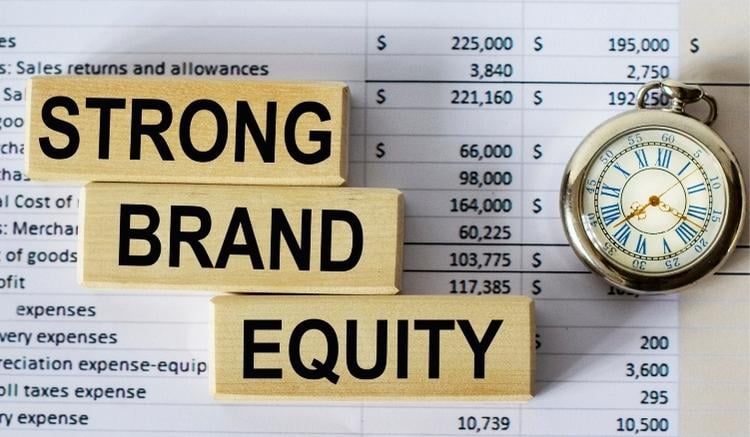
How does brand equity benefit the business?
There are several ways that brand equity benefits a business.
1. Brand equity will help to increase sales.
It does this by increasing the value that the consumer places on the product, and by increasing the number of people who are familiar with that product.
2. Brand equity can also benefit a business by helping it to enter new markets.
If a company can build brand awareness for its products in new markets, then it can sell its products in those markets.
For example, if a company from Japan wants to sell its cars in America, it will have to build brand awareness for its cars among American consumers.
3. Brand equity can also help a company to increase the price of its products.
As brand awareness increases, consumers will be willing to pay more for the product.
For example, people who recognize Coca-Cola as a soft drink that gives them energy will be willing to pay more for it than people who don't recognize it.
As a brand, how do I establish and increase my brand's equity?
For a brand to establish and maintain brand equity and brand recognition, it must be perceived as a superior quality product or service.
This is why brand awareness is so important.
It establishes trust with your customers, creates positive associations, and builds invaluable brand recognition and equity that allows your brand to become a household name and consumer staple.
What are some of the steps I can take to increase my brand's equity?
It's quite simple, building awareness and habitually promoting positive brand experiences is the foundation for brand equity.
Once your customers start becoming aware of your brand and can recognize it without help, they'll begin to hunt for it.
Your product will be favored over others and they'll be loyal. This only creates a positive loop that spurs on repeat purchases and inspires word-of-mouth recommendations to friends and family.
How Users Develop Brand Awareness
It's important to note that consumers develop brand awareness through two main methods:
1. Direct
When a consumer is exposed to a brand through advertising, packaging, or other forms of promotion.
It is called direct because the brand is clearly present in front of the consumer.
For example, when Coca-Cola airs a commercial, it is trying to increase its brand awareness among potential consumers. It hopes that these consumers will remember the ad and look for Coca-Cola products when they are out shopping or at a restaurant.
Ways of Direct Promotion to develop brand recognition are as follows:
a. Free Marketing
New brands are typically introduced to the market by giving away free samples. Companies hope that the consumer will like the product and become a paying customer later on.
Think about going to the supermarket and being offered a free cup of a new brand of wine or free bits of cold cuts on sticks. You've never seen these brands before, but if you taste them, you'll most likely remember them on your next purchase.
Read our exhaustive guide on Free Marketing to understand more about how you can use it for brand recognition.
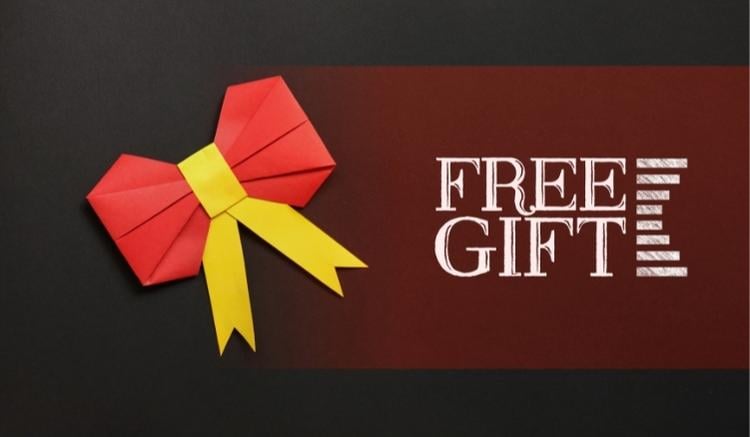
b. Shocking Ads
Some brands will try to generate awareness by shocking viewers with their ads. It is a very non-traditional method that has been used in the past by companies such as PETA, Peta2, and In Defense of Animals.
In these examples, the goal for these organizations is not to sell tangible services or products but rather awareness towards a specific issue being faced by animals.
Creating brand recognition through shock value may have garnered them some success, but it cannot be said if these campaigns have led to an increase in sales, so you have to be careful about using this technique.
c. Celebrity Endorsements
Another direct strategy for brand awareness that companies utilize is hiring a celebrity endorser for their product or service. There are several reasons why brands utilize celebrity endorsements:
- Celebrities are considered to be opinion leaders in their specific industry;
- There is a positive correlation between celebrity endorsements and perceived product quality;
- The endorsement of celebrities draws attention to the brand;
- Social influence has been shown to be a strong marketing tool that can increase brand awareness.
However, it is important for the celebrity endorser to have certain traits that are related to the product or service being advertised.
For example, if Nike wants to endorse an athlete, he must have an impressive track record in his sport of choice — like Michael Jordan!
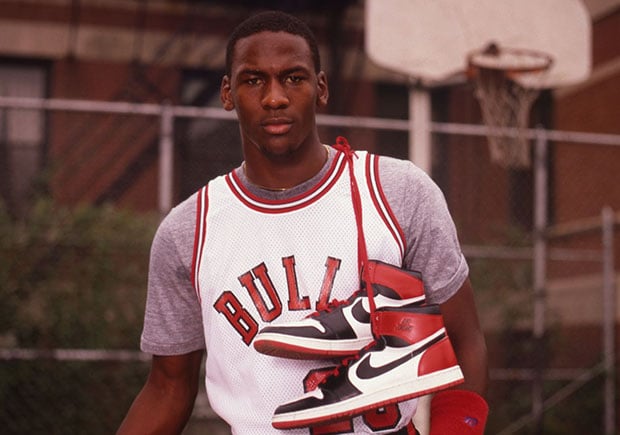
The same goes for celebrities endorsing brands in other industries. The restaurant chain Cracker Barrel hired actor Billy Ray Cyrus for its advertising campaign because his redneck image would be aligned with their target market of middle America.
Also, companies need to consider whether hiring a celebrity endorser will draw attention to their products without overshadowing it. Research has found that advertisements featuring celebrity endorsements tend to receive more exposure than advertisements without celebrities, but they may not be as effective in influencing consumers' product evaluations.
d. Product Placement
This strategy is when companies pay other brands to feature their products in movies, television shows, or other forms of advertising.
They do this because they believe that these audiences will be very interested in these products and take a greater interest in them than if the product were not featured.
One example is the "Back to the Future" movie featuring Nike shoes. The 1989 movie was one of Nike's best advertisements for its product. This is one of the best, albeit also one of the most expensive, brand awareness strategies.
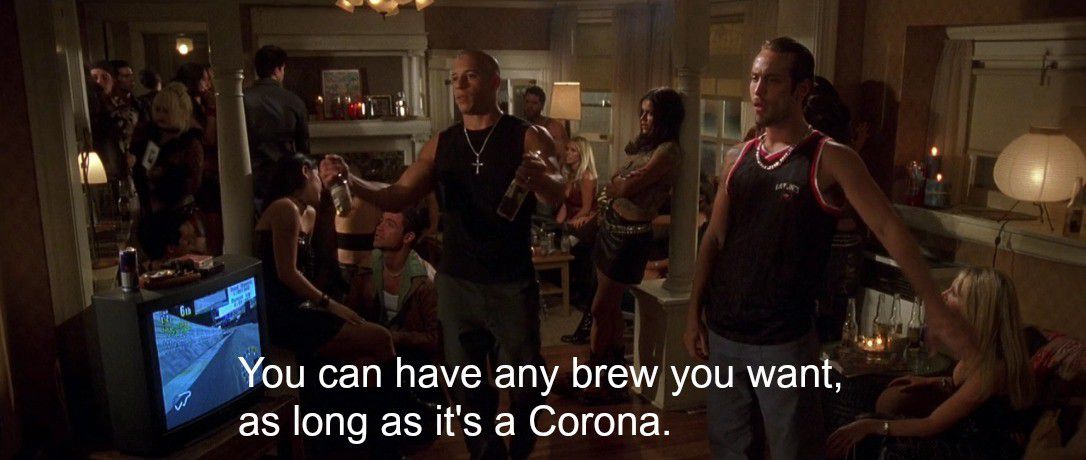
2. Indirect
When a consumer is exposed to the brand through other sources like word-of-mouth or by seeing it on someone's social media page.
This type of brand awareness is called indirect because the brand isn't directly promoted to the consumer.
Instead, other people influence his or her decision to buy into the brand through their opinions and personal experience with it. Consumers trust these opinion leaders (e.g., friends, family members, celebrities) and are more likely to purchase the products they recommend because of their perceived expertise about these brands.
For example, your friend goes out for dinner with you at a new restaurant that neither of you has visited before but comes highly recommended. You trust your friend's opinion because you know she has a great palate and takes food very seriously, so if she enjoyed the meal, there is a higher likelihood that you would also enjoy it before even trying it yourself.

This principle applies to brands as well — let us say your friend tells you about this new skincare product she bought from Ulta and absolutely loves. You had been on the hunt for a new moisturizer but hadn't been able to find anything that worked with your skin type, so if your friend's experience was positive, there is a high chance that yours will be too!
The more influential someone is in the eyes of a consumer, the greater their ability to influence these decisions becomes.
This is also where viral marketing comes into play, which we will discuss more later.
How Do You Create Brand Awareness?
Brand recognition among your customers and consumers isn't something that happens instantly. It takes time and effort to build a brand, but it's something that you can't build overnight.
If you want to create brand awareness, you need to have several marketing efforts running simultaneously that aim to achieve more than just attracting buyers of your products.
(Brace yourself, this is a long list!)
1. Become a person, not an organization.
In getting to know a new friend, what do you like to discover about them? Their likes and dislikes, passions, dreams, and the things that get them enthusiastic.
To have an impact, you have to be more than just a company that’s trying to sell products.
Think carefully about how you would define yourself and the things you would tell a friend if you were explaining your brand to them.
In doing this you will be creating a personalized experience and will come across better as Company X trying to sell you Product Y.
2. Get to know your customers and socialize with them.
Everyone benefits from social contact and spending time with others, whether they're introverts or extroverts.
By connecting, learning, and becoming familiar with others, we stay connected, stay informed, and learn.
Branding is no different. If you connect with others only to establish sales or get support, you will be seen as little more than a business with a singular intention (this is true of people as well).
To build brand awareness, you must be social. Use social media to message people about non-product-related things.
Ask questions, make comments, retweet, or share content you like to engage your audience. Consider your social media accounts as personal pages for making friends, not as businesses to make money.
Being sociable helps to put your brand out there and even helps with popularity.
3. Speak your truth by telling a story.
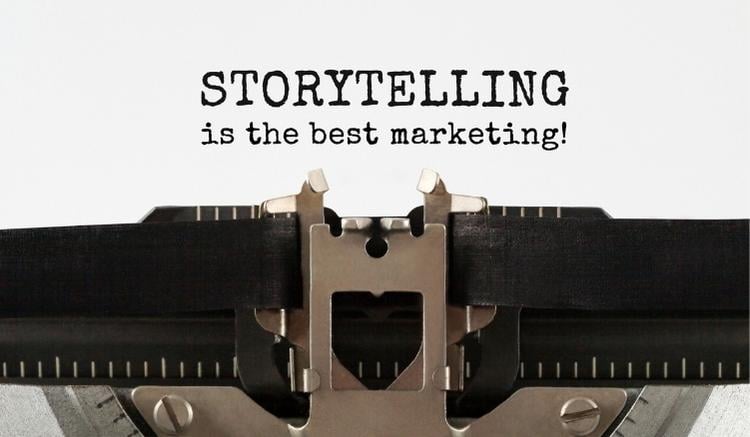
Storytelling is incredibly powerful because it allows your audience to connect on a personal level.
By constructing a story around your brand, you humanize it and make it more compelling.
By incorporating such narratives into your brand awareness campaigns, you are marketing your products or services while promoting your brand.
It's fun to hear each other's stories. A brand's authenticity can have a significant impact on its awareness.
4. Make your content shareable.
Regardless of what you're selling in whichever industry, make sure that your content is easy to share.
Things like videos, blog posts, product pages, and images should be simple to share.
By making it easy for people to share your content, you create powerful brand ambassadors who can help promote and sell your products or services. With a simple sharing button on all of your social media platforms, you make it very easy for potential customers to get in touch with you and learn more about what you have to offer.
Viral marketing is not only effective but is also popular. And if you know what you are doing, then it can also be cost-effective. To learn more about how to properly execute this strategy, read our comprehensive discussion on viral marketing.
5. Make your brand, product or service, or advertisement easy to remember.
It is of utmost importance that the brand is easy to remember and prevalent in people's minds.
It is the key to brand awareness and recognition!
The most effective way to achieve this is by having a well-defined target audience, being consistent with your marketing messages, and providing clear, concise information about your products or services.
6. Make your promotions interesting.
Creating interesting marketing materials, advertisements, and promotions that will be remembered by consumers and help build brand awareness.
To increase brand recognition and reach consumers, businesses often need to create interesting marketing materials that will stand out from the competition.
Advertising strategies that are interesting and creative are also memorable.
You should produce promotional materials (such as commercials and product endorsements) that are memorable because these build brand awareness for the product. If it's not memorable, it is not effective.
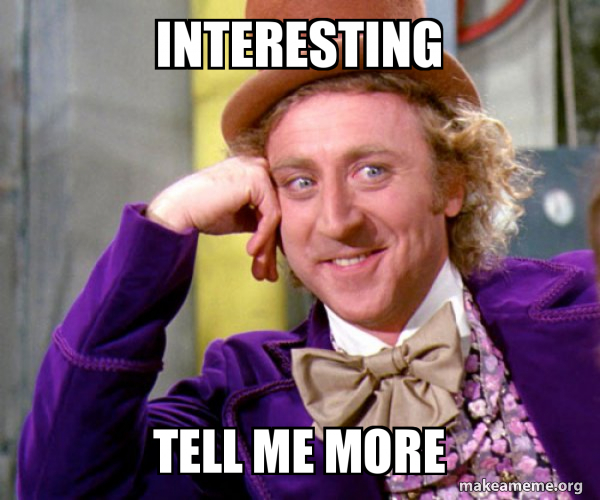
By creating content that is interesting, informative, and engaging for consumers online as well as in print media (e.g., website articles, blog posts), you can help build brand recognition while increasing traffic to your site or product.
You can also use social media platforms like Twitter, LinkedIn, Facebook, Google+, Instagram, etc.) to distribute information about your company in an organized way that reaches a wider audience; this will help attract new customers who may have been unaware of your company until now.
If you want to hasten the spread of awareness, you can utilize social media ads.
7. Always be consistent with your branding.
Consumers are drawn to brands that have a professional image and polished appearance.
Make sure you use strong branding elements on all of your promotional materials and brand awareness efforts.
These should include things like color schemes, fonts, logos, slogans, sounds, music, and imagery that are consistent with your brand's image.
8. Have a clear, specific purpose for your company.
This will help you to establish a clearly defined target market and vision for the future of your brand.
It'll also ensure that you're able to stay focused on what makes your brand different from others in the industry. Once you've established this, it'll be easier to market and promote your brand successfully.
9. Aim high!
When building brand awareness, steer clear of the bandwagon effect and focus on developing your own unique value proposition.
Remember that "me too" brands will never make an impact in the industry because they'll always play the second fiddle to a company that is the original source of a product or service.
10. Focus on your unique selling proposition.
Your USP (unique selling proposition) in your brand awareness efforts is what will help consumers to decide if they want to purchase your product over your competitors.
It's the thing that makes your product stand out from others, and it can include things like added bonuses, special offers, customer support, or even your guarantee.
11. Make sure you can stand behind your product.
Creating a strong brand means that you'll need to reassure consumers about the value of purchasing your product instead of others out there.
You can do this by making sure that you offer solid customer support and an unrivaled warranty or guarantee on all of your products.
12. Think like a consumer!
It's easy to fall into the trap of thinking like a business owner when developing your branding strategy, but it is important to remember that our decisions are based on emotions rather than logic.
This is why it's important for marketers to think like their target market in order to develop marketing materials that will appeal directly to them.
To do this, you need to create an in-depth analysis of your target audience using a marketing persona.
Examples of the Best Brand Awareness Campaigns
Big businesses know the importance of a robust brand awareness campaign and how advantageous it can be, but the real challenge with brand recognition is when you’re just starting out.
Remember that all of the biggest brands started small — which means if you do it right, you can achieve the greatness that many of these brand awareness examples currently possess.
1. Nike
Nike is the quintessential example of a company that has used an effective brand awareness campaign that ended up influencing mass culture.
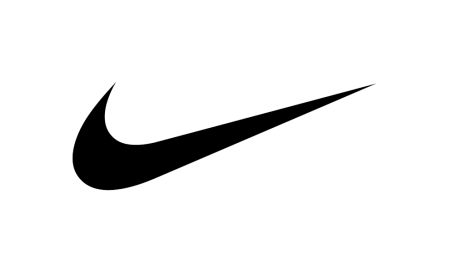
The Nike Swoosh (which was designed by Portland State University student Carolyn Davidson way back in 1971) became one of the most recognizable logos of all time, and it's no surprise why.
The swoosh has become synonymous with athleticism, high-performance athletic equipment, and support for athletes around the world (mainly due to some great advertising), which makes this logo more than just an icon. It's an integral part of the Nike brand name. Even today, almost 40 years after its creation -the Swoosh remains one of the world’s most recognizable logos-and a staple of the Nike brand.
The company has also been proactive with regard to social media – it's held giveaways on Facebook and Twitter – as well as having some great videos on YouTube. In addition, they've created some viral ads such as the Talk is Cheap campaign starring basketball player Kobe Bryant, which was released in 2008.
2. McDonald's
In addition to being one of the biggest fast-food chains in the world, McDonald’s has also become a veritable brand name that people recognize all around the world - thanks largely to a number of successful promotional campaigns over the years.
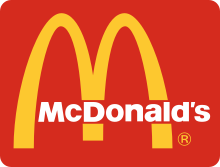
The first-ever Ronald McDonald House opened its doors in Philadelphia in 1974, and today there are Ronald McDonald Houses all over the world, which has helped to increase brand awareness for this unique charity organization.
Another great (and funny) example of effective advertising I found was their 2014 film entitled “McDonald's Famous Fries”. Although it looks more like a movie trailer than an ad for fries, this video went viral quickly and now has almost 4 million views on YouTube.
3. Apple
The late Steve Jobs made sure that Apple stayed ahead of its competition by constantly innovating and user-friendly designs.
All of their products were intuitive and simple to use, user feedback was a central part of product development, and Jobs famously stayed away from market research as he felt it took the creativity out of developing new products.

Apple's “1984” commercial was a major turning point for Apple as it showed the world that not only did they know how to make powerful computers – but their ability to convey a message and create an emotional connection with consumers made them stand apart from other tech companies at the time.
4. Coca-Cola
Another example of a company that uses brand awareness to connect with customers is Coca-Cola. One of their most popular brand awareness campaigns is the Holidays Are Coming promotion.

It's a classic example of effective advertising and marketing that helps to increase brand awareness for this iconic company, especially during the holidays. In fact, it's so iconic that whenever the Coca-Cola truck ad is shown, it almost signals the start of the coming holidays.
What does this mean for your marketing efforts?
The great thing about brand awareness is that it transcends language and cultural barriers, which means that if you can come up with a solid plan to promote your product or services; chances are high that people will recognize what you’re selling-even if they don't understand your native tongue.
This stands true even for small businesses like construction companies, architects, real estate agents, etc. Whether you're selling your services online or offline, if you can come up with a creative plan to promote your business; there's no reason why you can't become successful even in today's highly competitive market.
What do I need to keep in mind?
One of the most important PR phrases that have been said by many great marketers and copywriters is “there’s no such thing as bad publicity, only publicity”. In other words, how people perceive what you say about yourself (or your company) matters more than anything else.
For example: If you call yourself an expert in your field and nobody knows who you are — there is obviously something wrong with either how you define yourself or how you're promoting yourself.
If you are constantly tweeting, updating your Facebook page, or posting to your blog-but no one seems to notice-you might have a great product/service but have become lazy when it comes to marketing yourself.
There is no greater waste than investing lots of time and money in developing a great product/service only to neglect the effort needed to let others know about it.
On the other hand, if people are constantly talking about you, then congratulations are in order because chances are that they love what you stand for and want others to learn more about your business.
So whether you're just launching a new website or trying to promote better ways for people around you to live, make sure that every step you take to build brand awareness counts.
To get more valuable marketing tips, sign up for our newsletter and check out some of the other posts on this blog.

